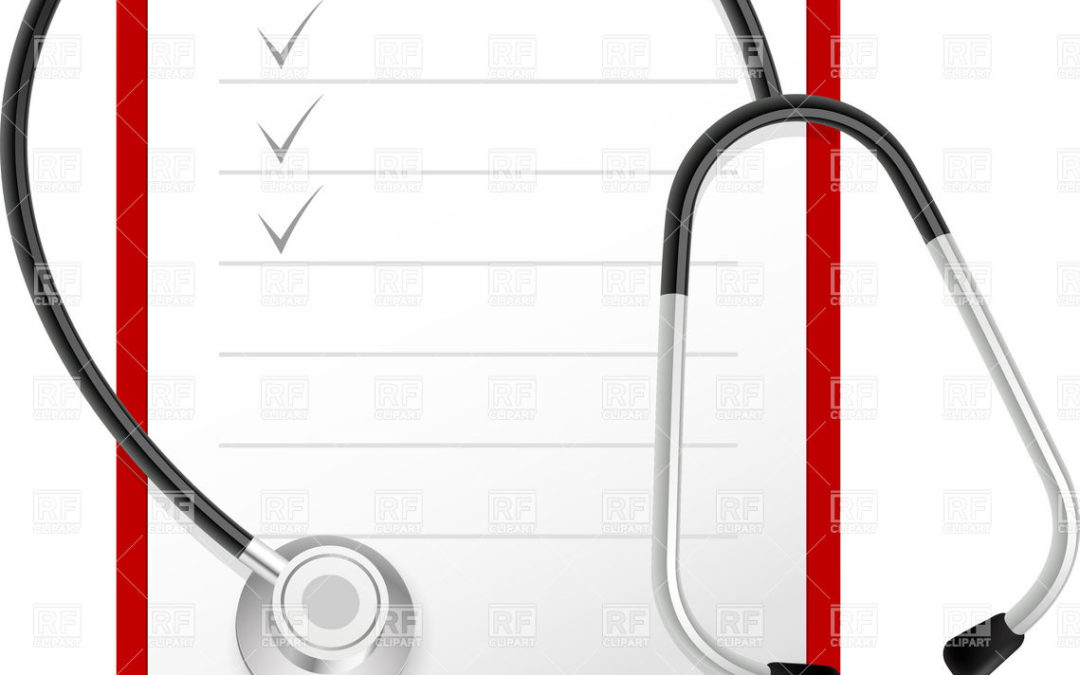“My brother’s mate’s cousin’s wife had reflexology and the reflexologist told her she was pregnant, so I’m here for you to tell me what’s wrong with me.”
Whenever I hear this, or something like it, my heart sinks. It sinks because I want to say “Well that was bloody irresponsible. What if she’d been wrong?” but I was taught never to criticise another therapist, so I just have to swallow my protestations and smile. It also sinks because that kind of expectation weighs very heavily on someone who doesn’t believe for a second that reflexology is a substitute for blood tests, scans and biopsies.
Sure reflexologists believe that they can tell a lot about someone’s body by working systematically across the reflexes on their feet (or hands), and we certainly feel that we can often tell when parts of a client’s body aren’t firing on all cylinders (I use car analogies a lot, despite not really being interested in them apart from as a convenient way of getting from A to B), but as a diagnostic tool reflexology is something of a blunt instrument.
How it works in reality
Over the years I’ve amassed a wealth of knowledge about how the human body works and how many common (and sometimes less common) illnesses present. Clients spend far longer with me than they would with their GP and we often talk in depth about their medical history and current issues. Sometimes an alarm bell will ring during this consultation; sometimes it’s something I find during the treatment itself that concerns me. What I don’t do in these cases is diagnose. What I do do is suggest that the client visits their GP. I’ll give you some examples:
Client A
presented with symptoms which, from my knowledge data-bank, suggested she may have an issue with her gallbladder. When I worked her gallbladder reflex it felt ‘bloated’ and ‘grainy’. I immediately suggested she talk through her symptoms with her GP. She emailed me a month or so later thanking me for the advice and informing me she was recovering from a cholecystectomy (gallbladder removal operation).
Client B
told me at the end of her session that she’d only come to see me because she was worried that there was something wrong with her ovaries and she wanted me to tell her what I thought. I was upset at this revelation. She didn’t mention her motives at the start and if she had, I would have told her that I couldn’t do that. For her it was a waste of money and an unsatisfactory experience. For me it felt like I’d failed her test. I suggested she visit her GP who would be sympathetic if she’d been trying to conceive for a year or more and would refer her for tests if she asked for them.
It’s all about balance…
I always tell my clients that for me, reflexology is all about making them feel better. The theory behind it is that it helps the body to restore its balance naturally. It may help to reduce tension and increase relaxation and it may also improve sleep, mood and your sense of well-being. Other aspects may improve too; however, this happens on an individual basis.
Reflexology is a complementary therapy, not a way of bypassing sound medical diagnosis.


Recent Comments